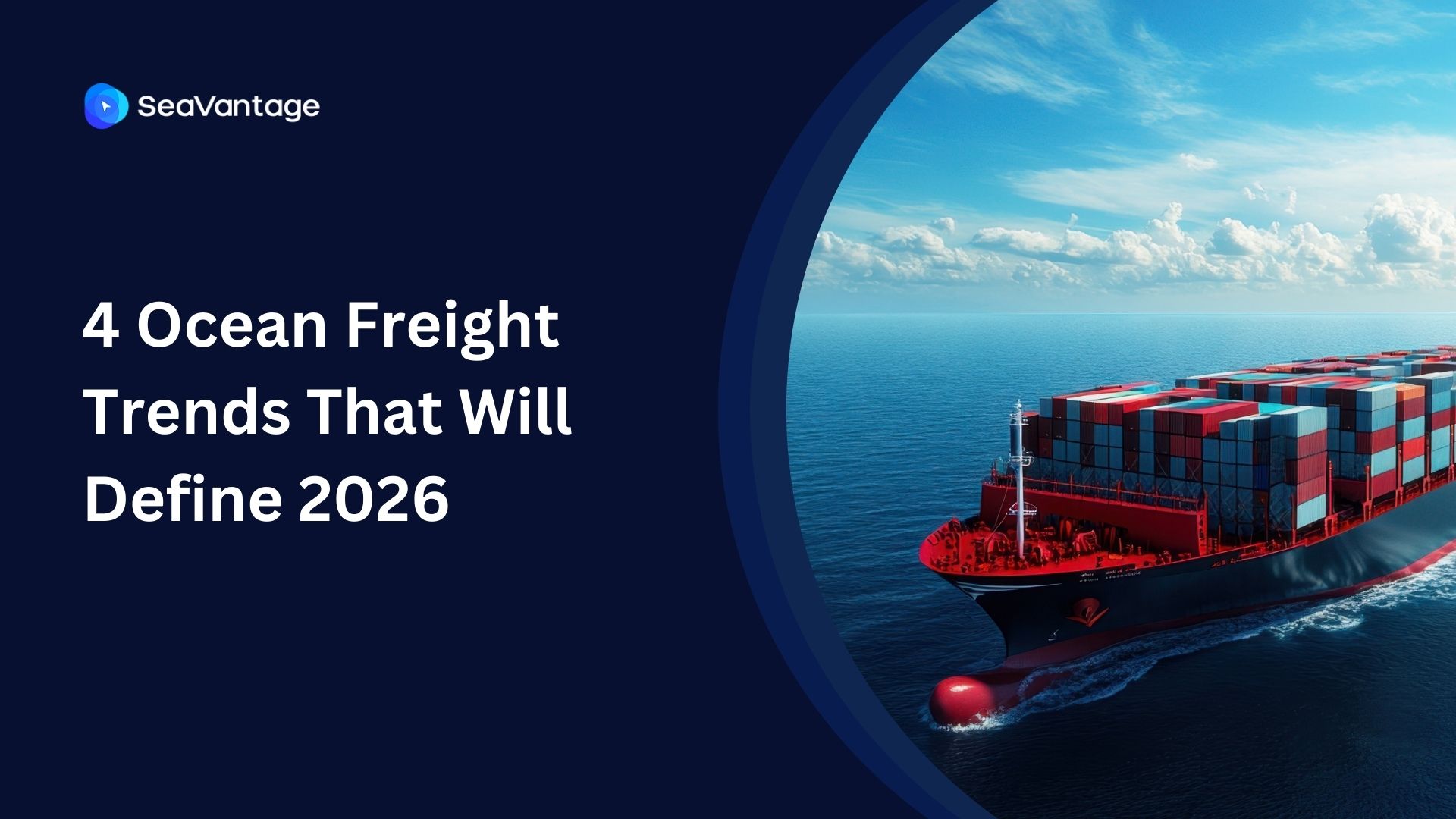Has the Container Freight Rate Surge Peaked? Insights from Latest Market Data
The shipping industry has been closely monitoring the dramatic surge in spot container freight rates in recent weeks. However, the latest data suggests this upward trend may be losing steam, for now. Here's the current state of affairs and what it might mean for the market.
Flattening of the Curve
According to the latest figures, the spike in spot container freight rates has shown signs of plateauing. The Drewry World Container Index (WCI), which had been posting double-digit percentage increases week after week, recorded a modest 1% rise on July 18, 2024, reaching $5,937 per 40ft container.

Similarly, the Shanghai Containerized Freight Index (SCFI) experienced a slight dip, decreasing by 1% to 3,674.86 points on July 12, compared to its July 5 levels.

A Pause or a Downturn?
The key question now is whether this represents a mere pause in the upward trajectory or signals a more substantial leveling off of container spot rates. Industry observers are divided on this issue, with many taking a wait-and-see approach.
Potential Causes for Stalled Rate Increases
Reduced rush to export from China
The US announced high tariffs on Chinese goods starting in August and as a result, Chinese companies rushed to export goods to the US before the tariffs hit, leading to a surge in demand for container ships and driving up freight rates. However, as these companies have completed the most pressing exports, the urgency to secure shipping capacity has subsided, leading to a more balanced situation.
Increased supply of container ships
The sudden surge in demand for container ships due to China's export rush caught shipping companies off guard. They likely didn't have enough readily available ships to meet the immediate spike. In response to the sustained high demand and presumably attractive freight rates, shipping companies likely deployed additional ships to key routes, particularly North America. This increased supply is helping to alleviate the shortage and bring down rates.
Historical Context
While current container spot freight rates are still high, it's important to consider them in perspective. Despite the recent increase, rates remain significantly below the peak levels witnessed during the COVID-19 pandemic. The WCI, for instance, is approximately 43% lower than its September 2021 high of $10,377 per FEU.
It is unlikely that rates will reach the extreme levels seen during the height of the pandemic. However, the current elevated rates continue to pose challenges for shippers and impact global trade dynamics.
Factors to Watch
Several factors could influence the direction of container rates in the coming weeks:
- Global economic conditions: Instability can influence consumer demand and trade volumes, thereby affecting container freight rates.
- Geopolitical tensions: The ongoing conflict in the Red Sea region is likely to continue to keep rates at their present high levels.
- Fuel prices: Rising fuel prices can lead to higher shipping costs for consumers.
- Port congestion issues: Improved port efficiency will increase ship and container availability, thereby driving down rates.
- Potential disruptions: Events like the recent South African storms could cause delays and damage, resulting in increased costs.
As the shipping industry navigates these uncertain waters, all eyes will be on the next set of index figures. Whether this is a momentary pause or the beginning of a more stable rate environment remains to be seen.
2025년 9월, 주요 글로벌 항만에서 어떤 운송사가 가장 긴 선박 체류 시간을 기록했는지 확인해보세요. 트렌드를 비교하고, 지연을 파악하며, 전체 항만 데이터를 통해 운송 전략을 최적화할 수 있습니다.
2025년 8월, 주요 글로벌 항만에서 어떤 운송사가 가장 긴 선박 체류 시간을 기록했는지 확인해보세요. 트렌드를 비교하고, 지연을 파악하며, 전체 항만 데이터를 통해 운송 전략을 최적화할 수 있습니다.
2025년 7월, 주요 글로벌 항만에서 어떤 운송사가 가장 긴 선박 체류 시간을 기록했는지 확인해보세요. 트렌드를 비교하고, 지연을 파악하며, 전체 항만 데이터를 통해 운송 전략을 최적화할 수 있습니다.
Explore how tariffs, blank sailings, port congestion, and canal disruptions reshaped global ocean shipping in 2025 — and what supply chain leaders must do next.
Is your ocean supply chain ready for 2026? Discover 4 critical trends, from weather disruptions to strategic booking, and how to adapt.
iscover the 4 critical ocean freight trends for 2026, from the Red Sea reopening and fleet overcapacity to shifting global trade maps. Prepare your supply chain now.



.svg)







.png)